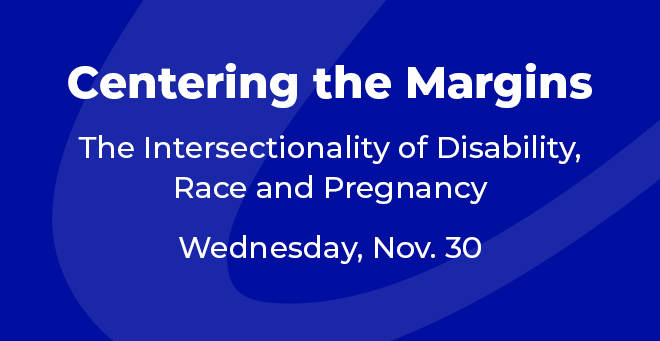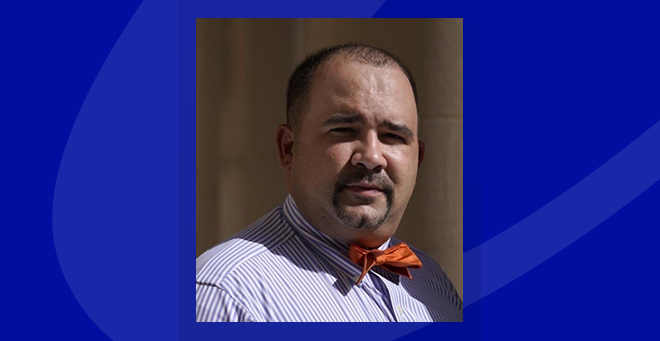On Sept. 21, the Diversity and Inclusion Office kicked off the fall lineup of its Centering the Margins series, which amplifies the voices and stories of diverse communities. The topic, “The History of Racism in Health Care and its Impact on Indigenous Health,” was led by three guest panelists: Cheryll Holley, chief of the Hassanamisco Nipmuc; Nicole Kazarian, MEd, RN, supervisor for the nursing department at Worcester Public Schools; and Lundy Braun, PhD, professor of medical science and Africana studies at Brown University.
Dr. Braun set the tone of the conversation by giving a history of racism in medicine and discussing pioneers such as W.E.B. Du Bois, a sociologist who made concerted efforts in the 19th and 20th centuries to change society by bringing attention to racial disparities in the practice of medicine.
Braun’s study on race correction and pulmonary function tests has shown a hierarchal order that dates back centuries in which spirometers, which detect lung capacity, were used as tools to subtly perpetuate the idea that there is a difference in lung capacity based on race.
Today, medical algorithms that make decisions that help providers diagnose and treat patients more quickly and efficiently are coming into question as the results can lead to inequities in patient care. Braun encouraged medical workers to challenge studies about health and disease and the extant racism built into those studies.
Braun said that any scientific measurement where white people are at the top and innate genetic difference is a frequent explanation for what is framed as deficiency should give us all pause.
Chief Holley said, “We know that when we take our children to the emergency room if they fall and hurt themselves, that that’s an invitation to have the state come to our home to investigate us for neglect. We know how we feel when we’re treated differently or not as well as others.”
Holley spoke about the implications of the centuries of racist practices in medicine and its effects on Indigenous populations. She spoke specifically about health issues the Indigenous community of Worcester faces, including diabetes and heart disease.
“We understand that diabetes and heart disease both are dependent upon what we eat and so we started growing our own food,” she said. With the help of the Nipmuc Women’s Health Coalition, the Farm School and the community’s own efforts to assess the health of its people, Holley said they are taking control of their health.
“Another way that we’re doing this is by teaching our women and our men how to use plant medicines,” she said.
There are now three Nipmuc apothecaries that distribute medications or plant medicines for free to the Nipmuc people and others who need it, she said.
Holley said the community-based efforts have been in response to the rising cost of life-saving medication, such as insulin. She said she hopes to build stronger relationships with UMass Chan to inspire the next generation of health care workers to see Indigenous people as equals and value their expertise.
Illuminating the fear that Indigenous people have of going to the doctor, Kazarian shared a personal story about the loss of a family member who suffered a brain injury during a home birth. His parents, out of fear of the high maternal and infant death rate of Black mothers and babies, opted for what they believed would be a safer choice.
Kazarian’s work now involves looking into regulations around midwifery, and safer alternatives for Indigenous people of color, specifically options for mothers and babies.

